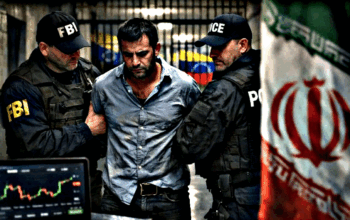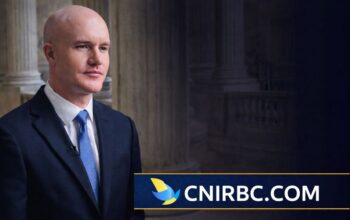 The International Monetary Fund (IMF) has warned of the risks posed by cryptocurrencies, especially in emerging and developing countries, and suggested coordinated action to put in place global standards.
The International Monetary Fund (IMF) has warned of the risks posed by cryptocurrencies, especially in emerging and developing countries, and suggested coordinated action to put in place global standards.
“Determining valuation is not the only challenge in the crypto ecosystem: Identification, monitoring, and management of risks defy regulators and firms. These include, for example, operational and financial integrity risks from crypto asset exchanges and wallets, investor protection, and inadequate reserves and inaccurate disclosure for some stable coins. Moreover, in emerging markets and developing economies, the advent of crypto can accelerate what we have called ‘cryptoisation’ – when these assets replace domestic currency, and circumvent exchange restrictions and capital account management measures,” IMF said in a blog.
It also said that capital flow management may need to be fine-tuned due to digital currencies. The comments came as the government is working on a legislation, and both PM Narendra Modi and FM Nirmala Sitharaman have given a call for coordinated global action to deal with it.
“Crypto’s cross-sector and cross-border remit limits the effectiveness of national approaches. Countries are taking very different strategies, and existing laws and regulations may not allow for national approaches that comprehensively cover all elements of these assets. Importantly, many crypto service providers operate across borders, making the task for supervision and enforcement more difficult. Uncoordinated regulatory measures may facilitate potentially destabilising capital flows,” it said.
The authors suggested licensing of “crypto-asset” service providers, including storage, transfer, settlement, and custody of reserves and assets, on the lines of the norms for financial services players. Two sets of rules have been proposed – one for services and products for investments, with requirements similar to securities and brokers and regulation by the securities regulator. The other will apply in cases where the government allows the use of cryptocurrency as payment tools, where IMF has suggested that the rules should be akin to bank deposits with oversight either by the central bank or the payments watchdog.
“Regardless of the initial authority for approving crypto services and products, all overseers – from central banks to securities and banking regulators – need to coordinate to address the various risks arising from different and changing uses,” the blog said. Further, it said the regulators should prescribe exposure norms to regulated financial entities dealing in cryptos.



